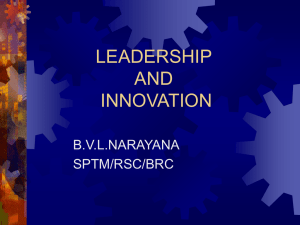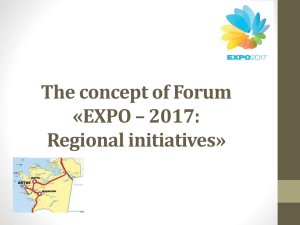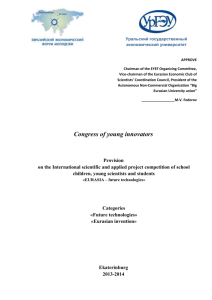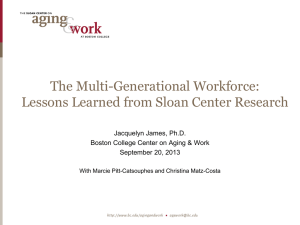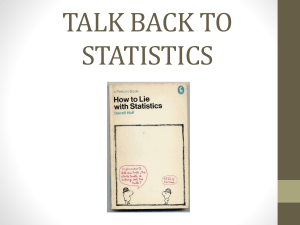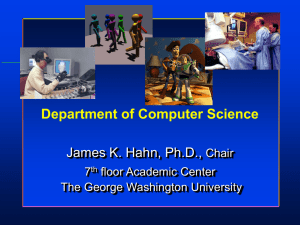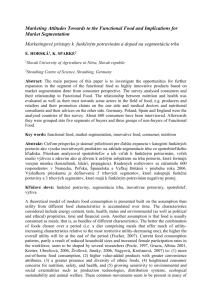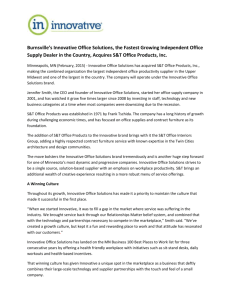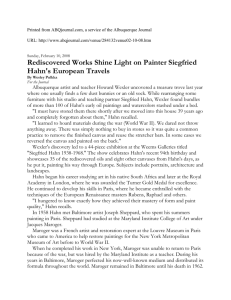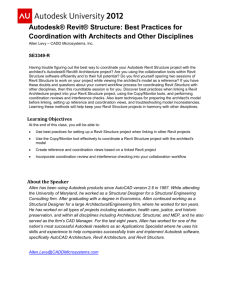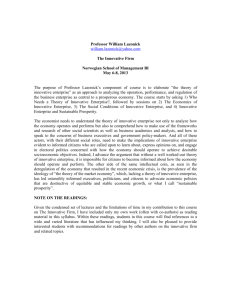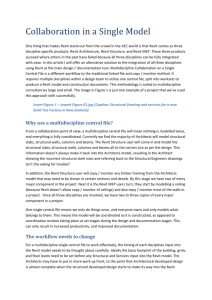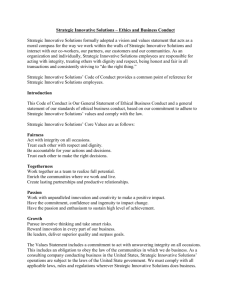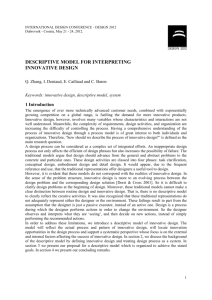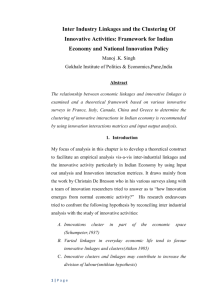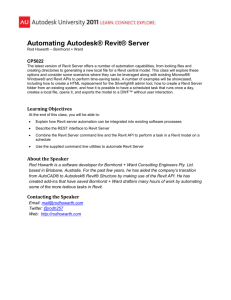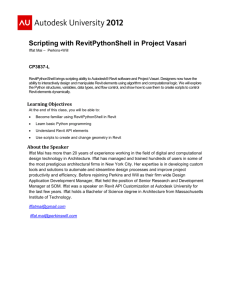DOC - Europa
advertisement
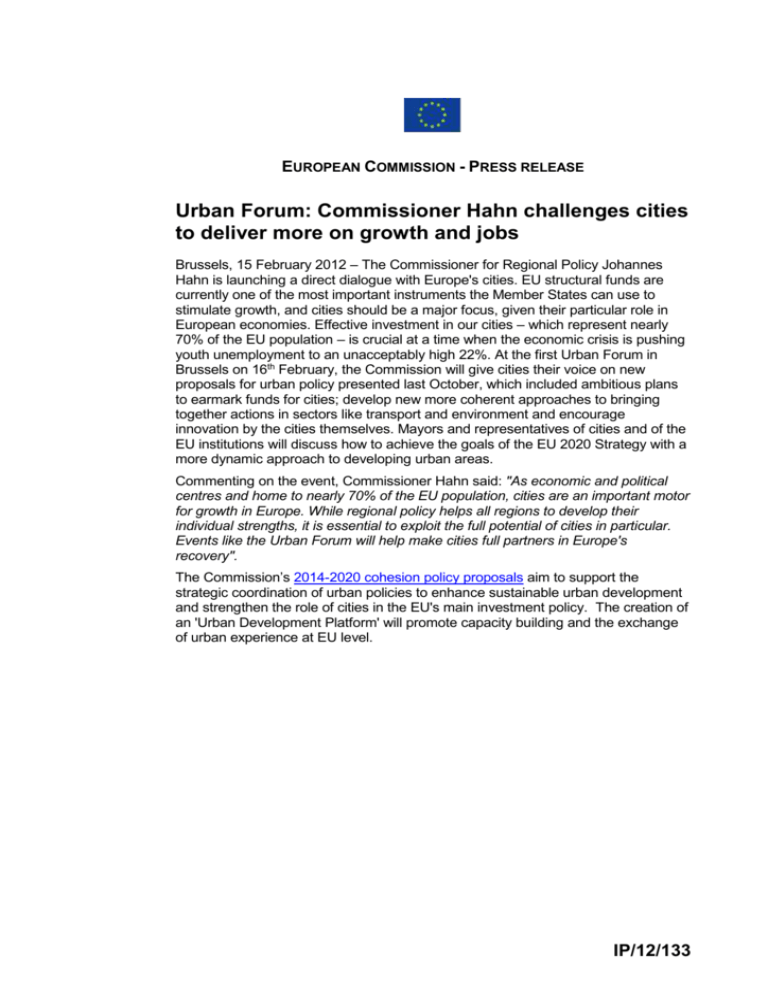
EUROPEAN COMMISSION - PRESS RELEASE Urban Forum: Commissioner Hahn challenges cities to deliver more on growth and jobs Brussels, 15 February 2012 – The Commissioner for Regional Policy Johannes Hahn is launching a direct dialogue with Europe's cities. EU structural funds are currently one of the most important instruments the Member States can use to stimulate growth, and cities should be a major focus, given their particular role in European economies. Effective investment in our cities – which represent nearly 70% of the EU population – is crucial at a time when the economic crisis is pushing youth unemployment to an unacceptably high 22%. At the first Urban Forum in Brussels on 16th February, the Commission will give cities their voice on new proposals for urban policy presented last October, which included ambitious plans to earmark funds for cities; develop new more coherent approaches to bringing together actions in sectors like transport and environment and encourage innovation by the cities themselves. Mayors and representatives of cities and of the EU institutions will discuss how to achieve the goals of the EU 2020 Strategy with a more dynamic approach to developing urban areas. Commenting on the event, Commissioner Hahn said: "As economic and political centres and home to nearly 70% of the EU population, cities are an important motor for growth in Europe. While regional policy helps all regions to develop their individual strengths, it is essential to exploit the full potential of cities in particular. Events like the Urban Forum will help make cities full partners in Europe's recovery". The Commission’s 2014-2020 cohesion policy proposals aim to support the strategic coordination of urban policies to enhance sustainable urban development and strengthen the role of cities in the EU's main investment policy. The creation of an 'Urban Development Platform' will promote capacity building and the exchange of urban experience at EU level. IP/12/133 Background What is proposed in the future policy for urban development? - Ring-fencing funding for integrated sustainable urban development: A minimum 5% of resources from the European Regional Development Fund (ERDF) in each Member State shall be invested, in coordinated actions that will deliver long term, energy efficient and innovative city development. Management and implementation will be delegated to cities, to varying degrees, depending on the institutional arrangements of each Member State. - A single investment strategy: EU structural funds should support urban development through strategies that tackle together the economic, environmental, climate and social challenges of urban areas. Member States are asked to combine investments from different sources to support measures related to employment, education, social inclusion and improving institutional capacity. These will be designed and implemented in line with a single investment strategy. - Innovative urban actions: the Commission proposes to allocate part of the budget (0.2% of the ERDF allocation) for financing innovative actions in urban areas. The innovative urban actions shall be urban pilot projects, demonstration projects and related studies of European interest. They may be focused on any policy area as long as they deliver on one of the Europe 2020 goals. - Urban Development Platform: On the basis of lists of cities proposed by Member States the Commission will establish a platform to stimulate direct dialogue between cities themselves and with the Commission . The platform is not a funding instrument but a way for cities to share feedback on the use of the new approaches. Urban project examples: Rejuvenating a neglected quarter of Budapest - Józsefváros district The Magdolna Quarter Programme II marks the second stage of an integrated social urban renewal project supported by the EU and aimed at regenerating the Magdolna quarter in Budapest. New face of rail travel in Campania With some 3.5 million people living in and around Naples, frequent, convenient and comfortable rail travel has become a priority for Campania. The Regional Metro System (RMS) project addresses this priority, incorporating sustainable mobility and environmentally friendly solutions. Dutch province curbs growing urban noise levels – Gelderland A Dutch province is cutting noise levels from its roads and, by doing so, is reducing serious adverse effects on human health as well as improving local residents’ living conditions. 2 Neighbourhoods reborn - REVIT, Revitalisation of 'brownfield' sites Germany, France, Netherlands, UK Thanks to REVIT six European cities shared their experiences with brownfield site revitalisation that preserved their area's history. Green urban homes in Baltic Sea Region - Germany, the Baltic States, Poland, Belarus Housing is one of the biggest areas of energy consumption and sources of CO2 emissions. With a changing climate and energy sources struggling to maintain supply, the recently launched Urb.Energy project aims to encourage greater use of renewable energy, offer innovative funding schemes for related activities, and introduce five strategies for integrated urban development, including guidelines and manuals. More information Around 400 participants, including mayors of large EU cities, (Amsterdam, Barcelona, Warsaw, Lisbon, Sofia, Bratislava, Manchester, Leipzig, Naples, Łódź, Lille Métropole, Turin and Dunkerque), representatives of urban networks and associations, as well as cities involved in various EU urban policy initiatives, are expected to attend. Urban Forum in photos on Flickr Follow #urbanforum on twitter @ EU_Regional 'EU Urban Development 2012' video stockshots on EbS Contact : Ton Van Lierop (+32 2 296 65 65) 3

